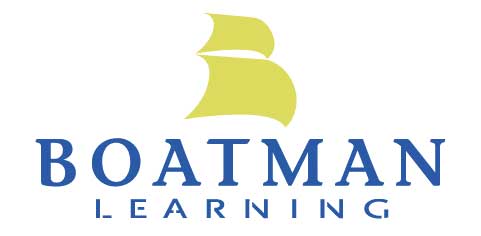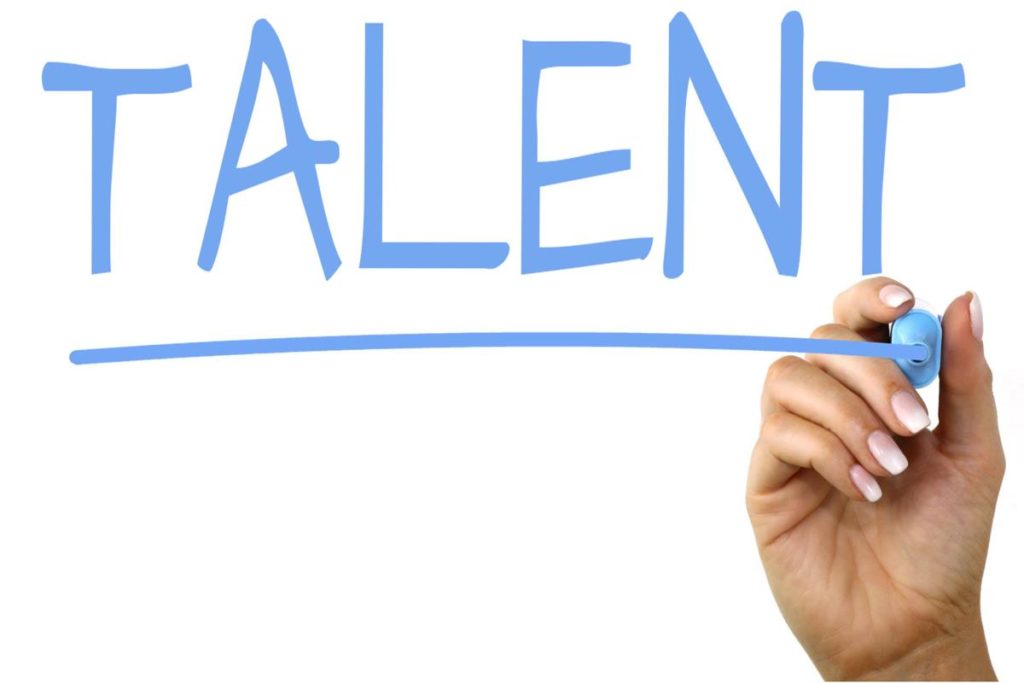We talk with heads of sales and sales enablement leaders daily, and they are universally concerned about what it will take to develop sales talent in the age of AI for sales and the hyper-empowered buyer.
Some of the questions that sales leaders are asking right now include: How much should we invest in human sales talent development given the fact that AI will replace some sellers in a few years? Should we bother trying to develop sales talent when sellers are clearly not valued as much by buyers (as evidenced by the fact that buyers engage with sellers much later in their buying process than ever before)?
The promise of artificial intelligence (and more specifically AI for sales) making a positive impact on business is near full reality. The most positive and promising applications of AI are those that will enhance the health, well-being, and development of human beings both inside and outside the world of commerce. Speaking from a purely ethical stance, we have little to no interest in promoting AI that replaces or diminishes the value of human interaction simply because it can. Instead, we see great value in AI that enhances the experience and decision making capability of human buyers and human sellers.
In the sales blogosphere, pundits and practitioners are hardening their points of view on the impact of AI on the sales profession. Some predict certain doom for salespeople in general, and they seem to think that bots and smart machines will be able to crunch data and create a valuable experience for customers without human intervention. On the other end of the spectrum are those who seem to think AI will have very little impact on how people buy and sell in the future.
As is so often the case, the truth of the situation is to be found somewhere in the middle of those competing views. The sales profession will certainly change because of the entrance of functional, inexpensive, and specialized AI finding its way into the selling and buying process, but projections of doom and the end of human selling as we know it are overplayed. Why? Because in buying decisions that are not driven by price alone, “trust” is still the number one competitive differentiator in B2B sales, according to primary research that we conducted recently. Long-term, authentic trust building cannot be replicated by machines, as it is a uniquely human function.
A business’s ability to establish and maintain authentic, sustainable differentiation from its competition depends on the quality and caliber of its salespeople.
Sales talent is, therefore, the critical resource that organizations must identify, mine, and refine over time if they hope to differentiate from competitors and win well into the future.
So how does an organization develop sales talent knowing that the demands of buyers and the marketplace in which it operates are changing constantly and at a pace that is difficult to match?
An important part of the answer is to trust and empower frontline sales managers to take responsibility for sales talent development. That is not to say that the responsibility to develop sales talent will fall exclusively or entirely on a sales manager’s shoulders, but it does mean that sales managers must be encouraged to bear an appropriate share of the burden of developing sales people. The days of delegating sales talent development completely to the Training / HR / Talent Development function within one’s business are over. A joint, collaborative effort is what is required and most effective.
In our work, we observe a few things missing in a typical sales manager’s approach to sales talent development, and they tend to be simple, near-term things that we should all understand. The big question is, why do sales managers so frequently neglect these short-term activities that can have big, long-term impact on the capability of their teams?
Practice – In any competitive endeavor or performance, you’ll find practitioners / players who need to hone specific skills to bring about the desired level of performance and the desired result. For the baseball player who seeks to improve his or her batting average, dozens of swings in the batting cage are vital to perfect their stance, their timing, and their swing. Piano players practice for hours on their hand position and scales and technique, those who seek a culinary career break dozens of eggs and spend hours or even days in the kitchen in order to master the perfect omelet. The analogies are many. Practice makes perfect, as they say. Though perfection isn’t required in professional sales (we’re not even sure what that would look like), excellence is the goal. Practice enables excellence.
Look at your calendar or the calendar of any frontline sales manager in your organization. Do you see practice time anywhere on your calendar or hers? How much time is devoted to making sure sellers are confident and have the mental muscle memory in important situations like developing needs for core products or delivering a succinct description of the problems we solve for customers? If your answer is, “I’m not sure,” or “I don’t think we practice,” then it is time to take action. Schedule regular time for practicing in common scenarios with sellers.
Feedback – Practice plus feedback is an accelerator to the process of helping salespeople address gaps or opportunities in their approach to critical situations. The more complex the function, the more likely it is that the human executing the function will be unable to self-assess his or her performance. Giving feedback, both in practice settings and also in real-world teachable moments, is a skill unto itself. Managers should practice and be intentional about giving feedback that is constructive and that takes place in a safe setting where sellers do not feel exposed or put on the defensive. After all, we want salespeople motivated and excited about developing their own talent.
Giving feedback begins with an effective diagnosis, and the manager who perfects her or his own ability to diagnose effectively is far better equipped to focus feedback on very specific opportunities for personal growth and measurable improvement. Feedback must then be part of an organized plan of action, assessment, feedback, further action, assessment, and so on. The sales manager who is able to maintain that sort of rhythm with his or her team will make a much more positive impact on the capability of individuals on the team than the manager who has no such rhythm or focus on practice and feedback.
Helping Sellers to Own Their Own Development – The question of who owns the responsibility for sales talent development is worth considering for a moment. We wrote earlier that sales managers should not relegate the task of developing sales talent to others. Sales talent is too important to the sales organization’s long term competitive differentiation to be sourced out entirely to someone else. On the other hand, we know how important it is that the performers / players themselves take responsibility to get better on their own. Isn’t that a reasonable expectation to have of committed professionals? Shouldn’t they take ownership and be primarily responsible for developing their own talents?
We believe the answer to those questions should be an emphatic “Yes!” What would that look like on your team or throughout your entire organization? If sales managers were to establish and maintain an environment in which practice and constructive feedback were the norm, how would the dynamic change between them and their sellers? If sellers were to take responsibility for practicing more often, whether they were doing so with their manager or a peer or just by themselves, how much more would their skills improve, their talent increase?
For now, we leave you with a few questions worth considering. If you were to give your team or your organization a score (on a scale of 1 to 10) based on its ability to develop sales talent, what would that score be? If the score is less than ‘5’, what is the critical deficiency that is dragging your organization’s ability to develop sales talent down to that level? What would it take to improve that score by a single point over the next quarter or two?
If the score you give your organization is a ‘6’ or higher, what is the one thing, perhaps a strength that your team or organization should play to more than it does now, that will help you increase your competitive differentiation in the field? How can you encourage additional practice time? How can you improve your / your managers’ diagnostic ability?
These are the sorts of questions we investigate every day with frontline sales managers, chief sales officers, and sales enablement leaders from all over the globe. We hope you find the questions as worthy of consideration as they do, and we would be honored to have the chance to engage in dialogue with you and to help you crack the code on what it takes to develop sales talent and firmly establish your organization’s long-term competitive differentiation.

